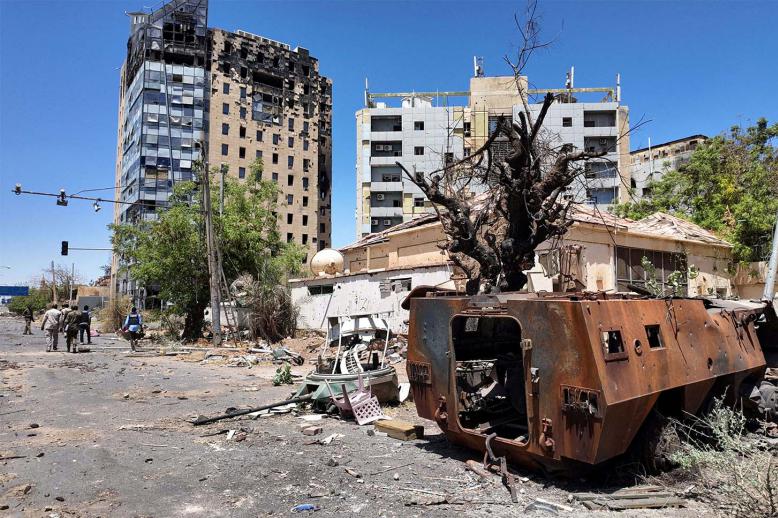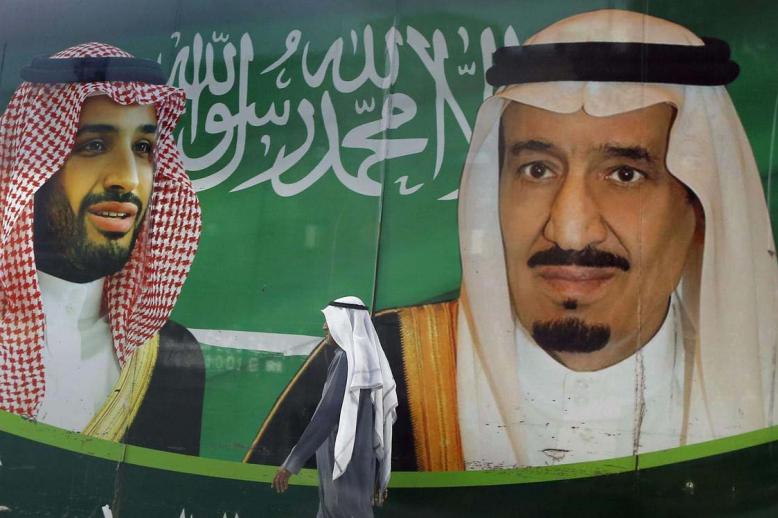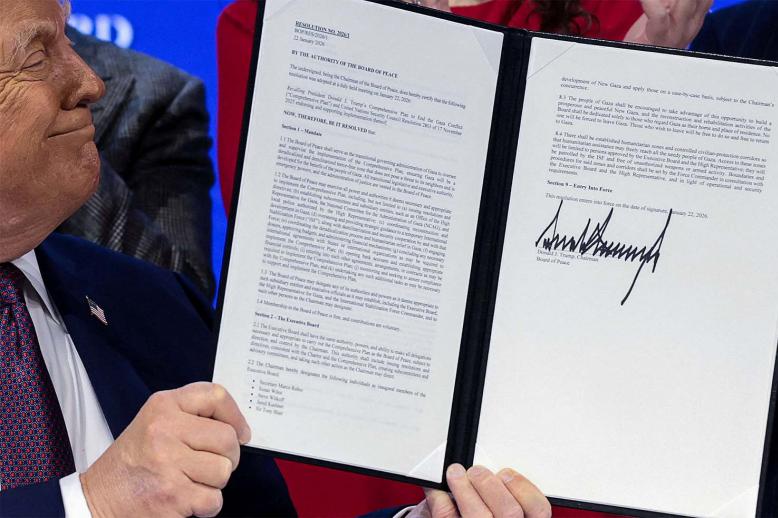Iran will watch Trump-Kim summit more closely than anyone
The world is watching as Washington and Pyongyang prepare for a meeting between US President Donald Trump and North Korean leader Kim Jong-un. Asian capitals are bound to be affected and are particularly concerned about the outcome of the summit.
So is Tehran.
Iran, which has a record of nuclear and missile cooperation with North Korea, is probably interested in two questions. First, what kind of deal is Washington ready to offer Pyongyang? Second, is Pyongyang ready to share intelligence with Washington about its dealings with Tehran? These questions generate more questions and few answers.
The United States is offering North Korea, a de facto nuclear power, negotiation, recognition and prestige through a tete-a-tete at the highest political level. However, when it comes to Tehran, a nuclear threshold state, Washington abrogated the Iran deal and is subjecting Tehran to economic sanctions. In other words, Washington treats nuclear powers with respect and aspiring nuclear powers with contempt.
This raises the following questions.
Is the Iranian leadership ready or even capable of getting a nuclear bomb to achieve a position like North Korea’s? If Pyongyang reaches an understanding with Washington, will it compromise Tehran?
Trump and US Secretary of State Mike Pompeo insist that Tehran should disclose its nuclear activities. North Korea is able to provide Washington with that information. That much is apparent in the memoirs of the late Iranian President Akbar Hashemi Rafsanjani.
Rafsanjani was remarkably candid when discussing Iran’s arms and missile procurement from North Korea during the Iran-Iraq War (1980-88). However, from 1989, his entries on North Korea became more opaque, which indicates a fundamental change in the nature of Tehran’s relations with Pyongyang.
By 1991, Rafsanjani specifically mentioned “special and sensitive issues” related to North Korea. There is mention of Rafsanjani summoning Majid Abbaspour, who served as the Iranian president’s technical adviser on chemical, biological, radiological and nuclear industries. Rafsanjani ordered Abbaspour to procure a “special commodity” from the North Koreans in return for oil shipments to Pyongyang and further instructs him to gain unspecified “technical know-how” from the North Koreans.
On January 30, 1992, Rafsanjani received Intelligence Minister Ali Fallahian and Mostafa Pour-Mohammadi, the ministry’s director of foreign espionage. This was to discuss “procurement channels for sensitive commodities,” which Iran planned to import from North Korea. In his February 8 entry, Rafsanjani wrote: “The North Koreans want oil but have nothing to give in return but the special commodity. We, too, are inclined to solve their problem.”
Rafsanjani ordered his defence minister, Akbar Torkan, to organise a task force to analyse the risks and benefits of importing the “special commodity.” This task force recommended that the president accept the “risk of procuring the commodities in question.” Rafsanjani added: “I discussed [this] with the leader [Ayatollah Ali Khamenei] in more general terms and it was decided to take action based on the [task force’s] review.”
It’s most unlikely that the “special commodity” and the technical knowledge surrounding it have anything to do with ballistic missiles: Rafsanjani expressed anxiety that the “special commodity” could be intercepted by the United States but didn’t share that worry about missile procurement. In a March 9, 1992, journal entry, the cleric gloated about the US Navy having tracked a North Korean ship bound for Syria but not two ships destined for Iran.
Two days later, when the “special commodity” was unloaded, he wrote: “The Americans were really embarrassed.”
Should the North Koreans, perhaps in return for favours from Washington, disclose the nature of Tehran’s procurements in the 1990s, the Trump administration will use that intelligence as proof of Iran’s nuclear ambitions and intentions.
Of course, this depends on the outcome of the summit in Singapore.
Ali Alfoneh is a non-resident senior fellow at Rafik Hariri Centre for the Middle East at the Atlantic Council.
This article was originally published in The Arab Weekly.







